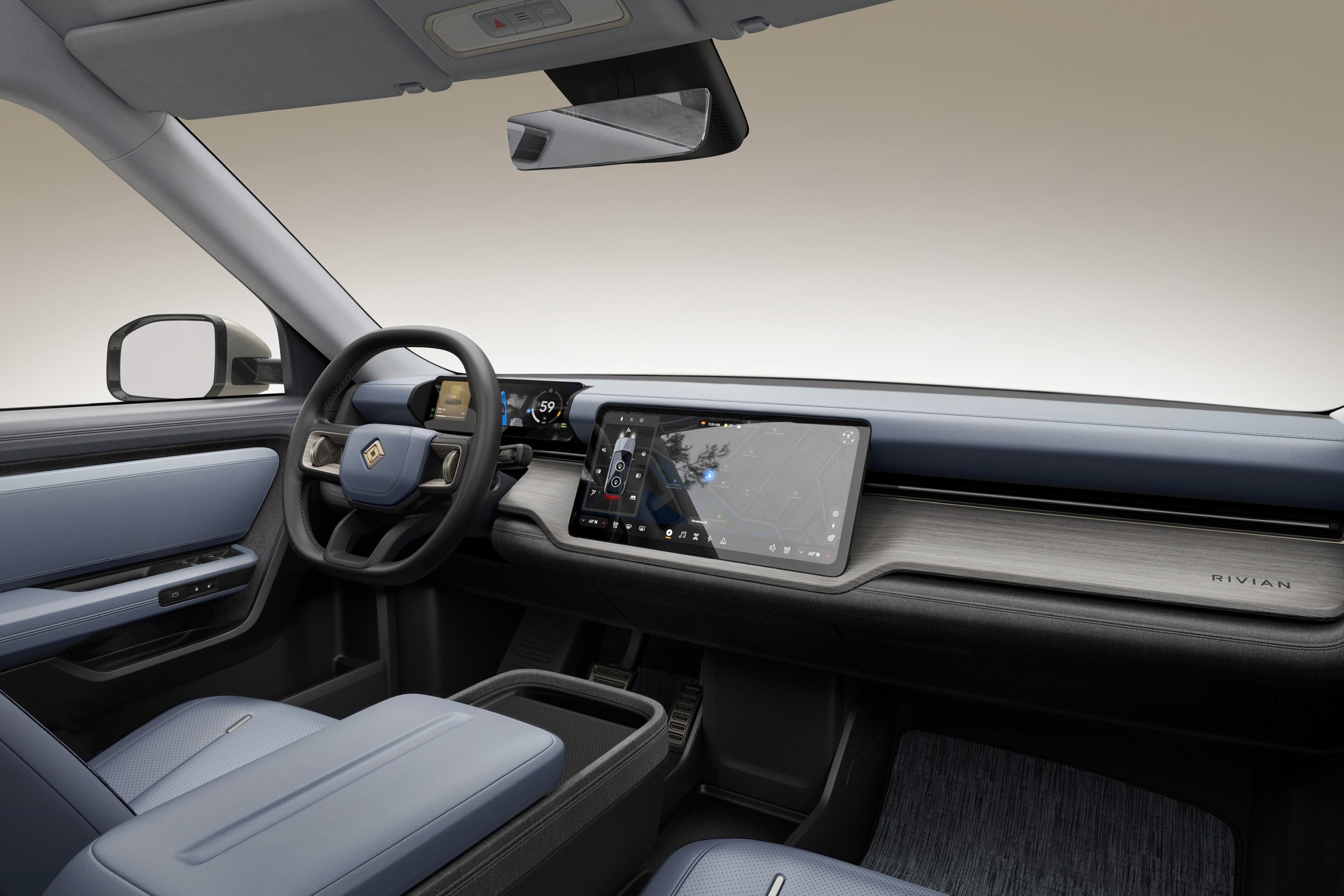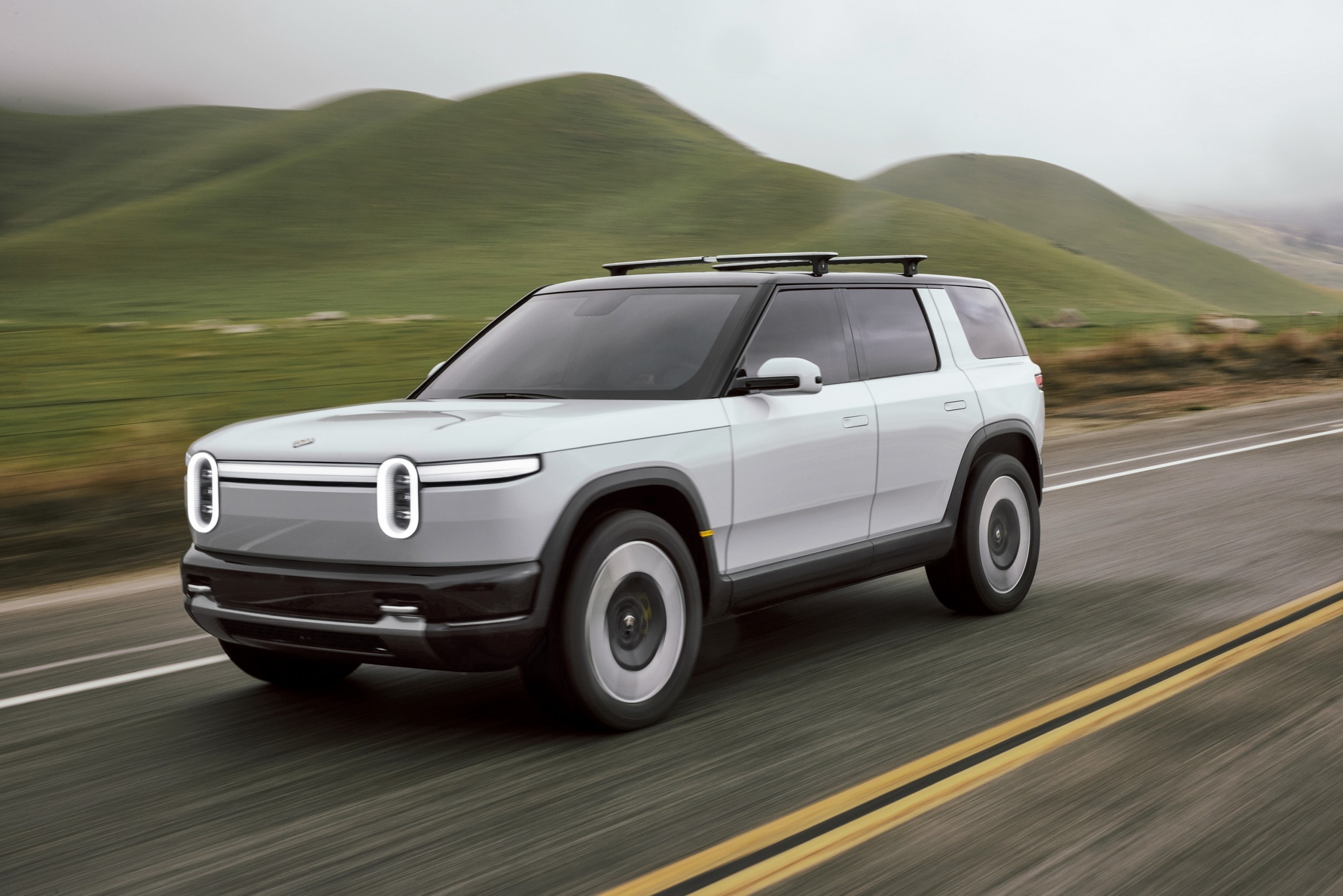Rivian recently unveiled the R2 compact crossover, a move reminiscent of Steve Jobs’ iconic “One More Thing” reveals. However, alongside the R2, they surprised everyone by showcasing the R3 and R3X, two smaller crossovers sharing the same platform.
While this announcement may have delighted investors, it reflects Rivian’s precarious position, seemingly a desperate attempt to bolster stock value ahead of a capital raise.
As the second EV startup after Tesla with the potential for significant impact, Rivian initially garnered praise for its R1T pickup truck and R1S SUV.
These vehicles combined quality, luxury, and off-road capabilities akin to an electric Range Rover. However, production setbacks amid challenging economic conditions plunged Rivian into dire straits.

Supply chain disruptions compounded by the chip shortage halted production, leading to unsustainable cash burn rates. Despite this, Rivian pressed on with expansion plans, drawing criticism from industry veterans like Elon Musk.
To its credit, Rivian weathered the storm by implementing efficiency measures, including staff reductions and optimization of vehicle architecture. Yet, despite positive signs in 2023, a bleak outlook emerged during the Q4 2023 earnings call, signaling a need for drastic action to ensure survival.
Rivian must prioritize breaking even on current products to sustain operations. Measures like workforce reductions and factory adjustments are crucial steps toward financial stability. Moreover, the decision to halt the Georgia factory plans underscores a shift towards profitability and strategic focus.
While unveiling the R2 and R3 may signal optimism, launching new product lines before achieving profitability could exacerbate financial challenges. Rivian’s immediate priority should be maximizing sales and profitability of existing models to pave the way for future ventures.

